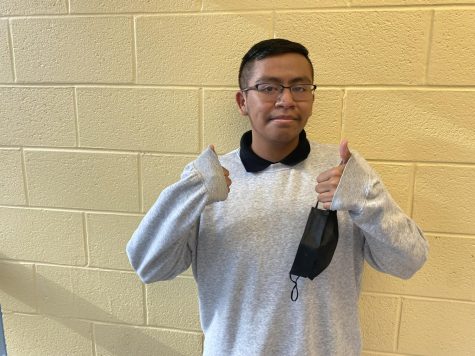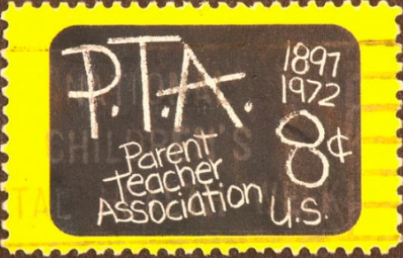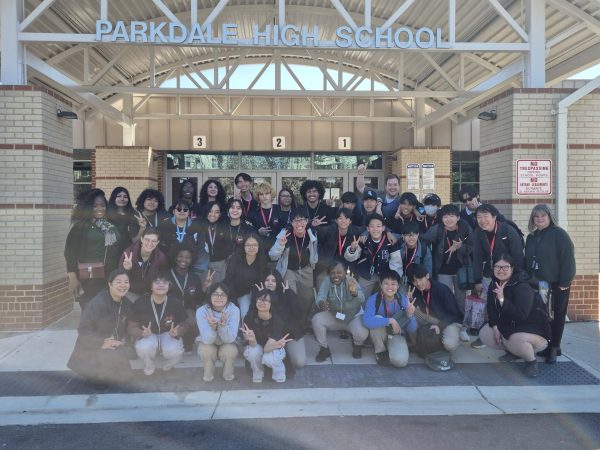Top institutions recently slammed with a financial aid lawsuit
As seniors wrap up the college application process and narrow down the college selection, some of the most prestigious colleges that millions of students apply to every year have been faced with a financial lawsuit affecting millions of students. Including some of the Ivy League schools amongst other highly selective universities including Northwestern, Duke, and Massachusetts Institute of Technology (MIT) have been sued for cutting students’ financial aid.
The cost of attending college is one of the factors students consider when committing to a college, but for many low-income students, it can be the ultimate factor. As for the universities involved in the lawsuit, according to data from Niche, Ivy league tuition can range from $50,340 up to $59,430 per year.
A group of former students from Duke, Northwestern and Vanderbilt came together after noticing students’ financial aid packages were not fully being covered per the university’s “need-blind” policy. “In a need-blind admissions process, applicants are evaluated without any consideration of their families’ ability to pay tuition and fees,” says Christine Chu, a college admissions counselor.
In addition to the lawsuit filed by these former students, they claim some of these institutions do in fact consider a student’s ability to pay for college. This would be contradicting some of the university’s policies. While this is not the first time there has been a lawsuit involving prestigious schools, the students who brought forth the lawsuit are in hopes of putting an end to the methods the schools utilize when it comes to calculating a student’s financial aid offer. The students are looking for the millions of students being affected by this policy to receive compensation.
“We have confidence, however, in our financial aid practices,” writes Kathy Svitil, a spokeswoman for Caltech University in an to the New York Times. The other schools involved in the lawsuit have not issued an official statement regarding this matter, but are confident in the methods they use to calculate students’ financial aid.
The lawsuit brought forth by the students has led to exposure to how some schools accept students into their institutions. For instance, at the University of Pennsylvania, the students claim that applicants who come from wealthy families are being labeled as “high priority for the institution.”
As the investigation continues to progress with the plethora of data officials must examine, it has left prospective students questioning whether or not it is worth even applying to these institutions.
“This does play a significant role in the way I view colleges when I start applying,” says junior Rayanna Morris. “I want to receive the best education possible, this includes looking at ivy-league schools. This will cause me to eliminate some of the schools I do apply for next year.”
Your donation will support the student journalists of Parkdale High School. Your contribution will allow us to cover our annual website hosting costs and publish some printed editions, as well.

This is Alexsis Tapia, and he is currently a senior at Parkdale. This is his second year on The Paw Print. He is a reporter who mainly writes articles...







